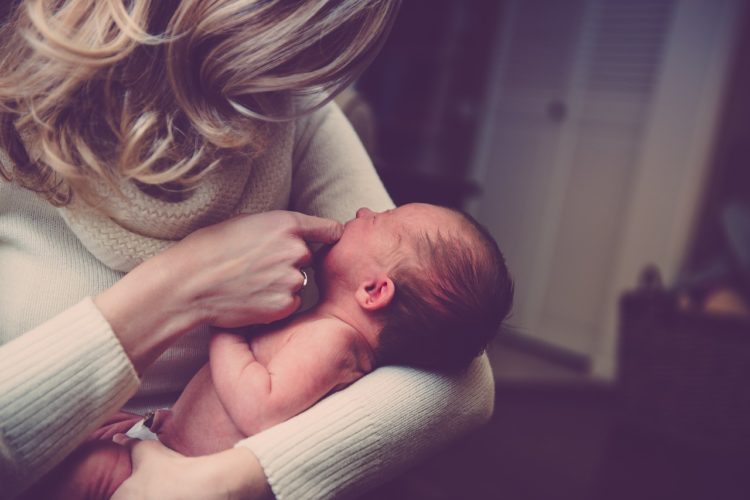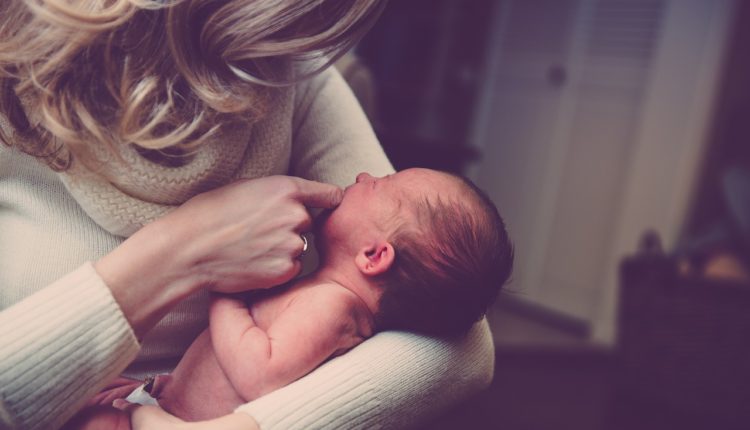Liverpool Health Commission is a national public health inquiry established by Liverpool John Moores University and comprises a 12-strong independent panel. Tony McDonough reports

What happens at the beginning of our lives can have a profound effect on our progress in later years, right up until our final days.
Now a panel of experts is coming together here in Liverpool to investigate the ‘first 1,000 days of life” with the aim of making practical and realistic recommendations to assist policymakers and help improve the lives of people across the Liverpool city region and beyond.
Liverpool Health Commission is a national public health inquiry established by Liverpool John Moores University (LJMU). The university will offer research expertise and support to investigate and analyse health care policy.
Human development
The commission’s first area of investigation, the first 1,000 days of life – encompassing conception to 24-months-old – has long been recognised as the key period in human development when the foundations for optimum health, growth and neurodevelopment are established.
This inquiry will look at a wide range of social-economic groups but with a particular focus on those who are often seen as left behind or marginalised in society.
While the UK’s provision of free antenatal care for pregnant women has seen some of the lowest mortality and morbidity rates in the world, one of the most significant barriers to accessing developmental opportunities, such as antenatal and postnatal care and advice, is poverty and its associated conditions.
As the poverty rate of families with children in the UK continues to climb and with Liverpool itself being ranked as the fourth most deprived local authority area in the UK (Index of Multiple Deprivation 2015), the health commission has chosen this issue of both local and national relevance and significance.
Marginalised groups
Two initiatives of the United Nations have contributed to the commission’s choice of research area; the UNICEF campaign to focus on infant development during the first 1,000 days of life, and the Sustainable Development Goals of the 2015 UN General Assembly.
The marginalised groups initially targeted by the commission will be:
- Women living in poverty, who are often neglected in favour of other marginalised groups.
- Immigrant women, in particular, refugees and asylum seekers in particular exploring their own “normalities” in pregnancy and the early years instead of focusing on making them fit with our own cultural expectations.
- Women addicted to drugs or alcohol, whose addictions often only come to light during a pregnancy.
- Pregnant women under 16, who are often targeted as failures of the education system.
Profound impact
One of the panel members, Maggie O’Carroll, has supported tens of thousands of women from disadvantaged backgrounds as founder and chief executive of Liverpool-based The Women’s Organisation.
She said: “This research, I am certain, will have a profound impact on policy and will therefore measurably improve the lives of women and children across our communities.

“At The Women’s Organisation, we work with women who experience social and economic deprivation and recognise the clear and inextricable link between poverty and ill-health.
“This new evidence-based research will examine the barriers that marginalised groups face in our current climate, and support decision-makers to develop policies and allocate investment into approaches that will address this imbalance and protect our most vulnerable.”
Liverpool Health Commission is comprised of 12 knowledgeable and experienced, commissioners who are recognised experts in their field, ranging from human trafficking, migrants’ rights and homelessness to midwifery, gynaecology and orthopaedics.
Their experience covers a wide range of organisations including Public Health England, Liverpool Women’s Hospital, Addiction and Refugee Women Connect.
LJMU’s interim Vice-Chancellor and chief executive, Mark Power, added: “By setting up and supporting the Liverpool Health Commission, we are aiming to help highlight, investigate and address issues that matter the most to our communities, partners and neighbours.”

